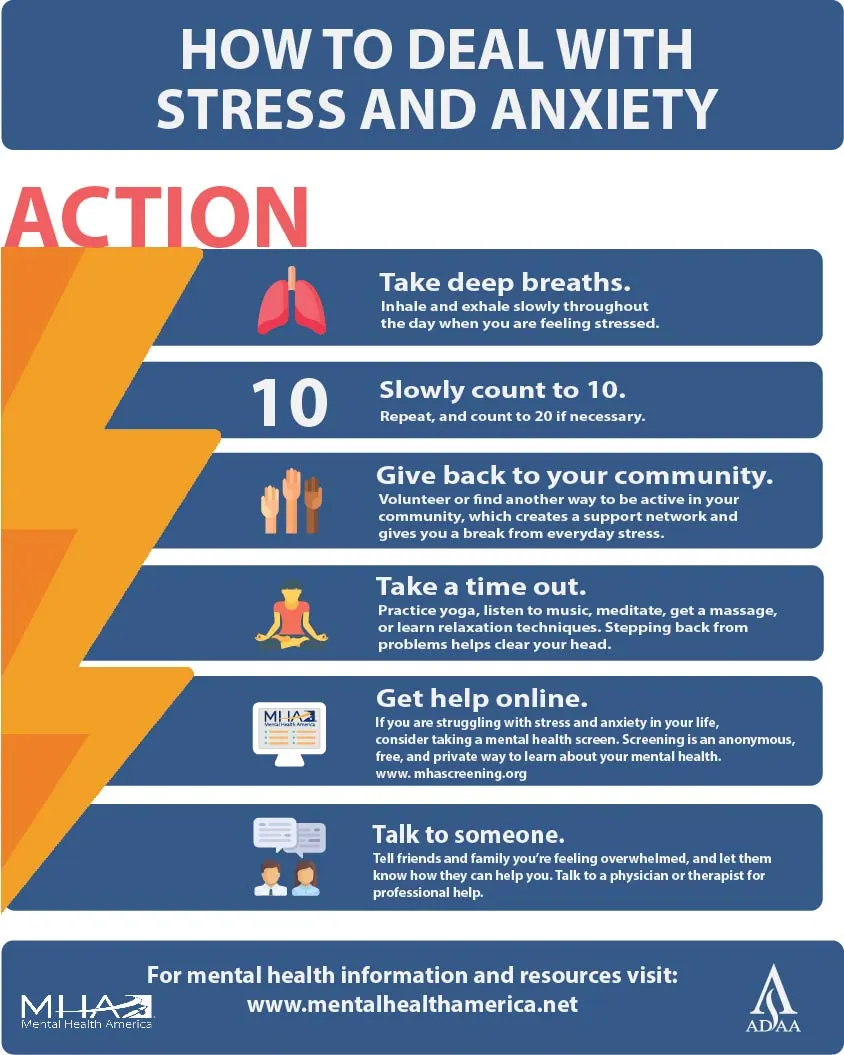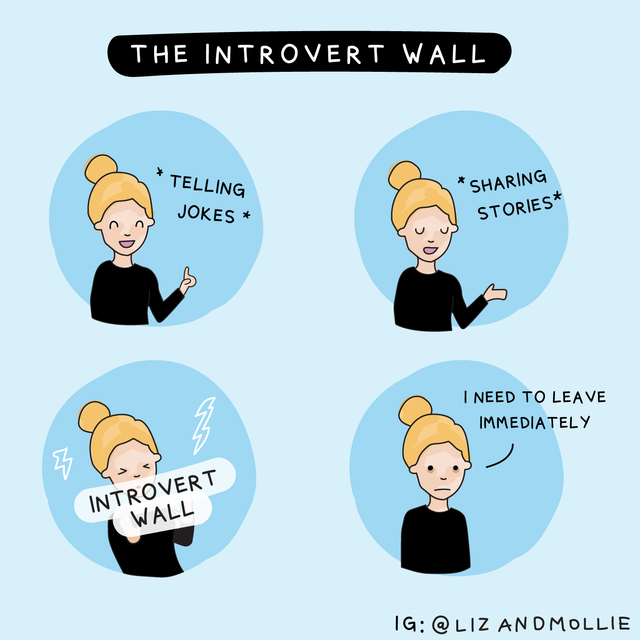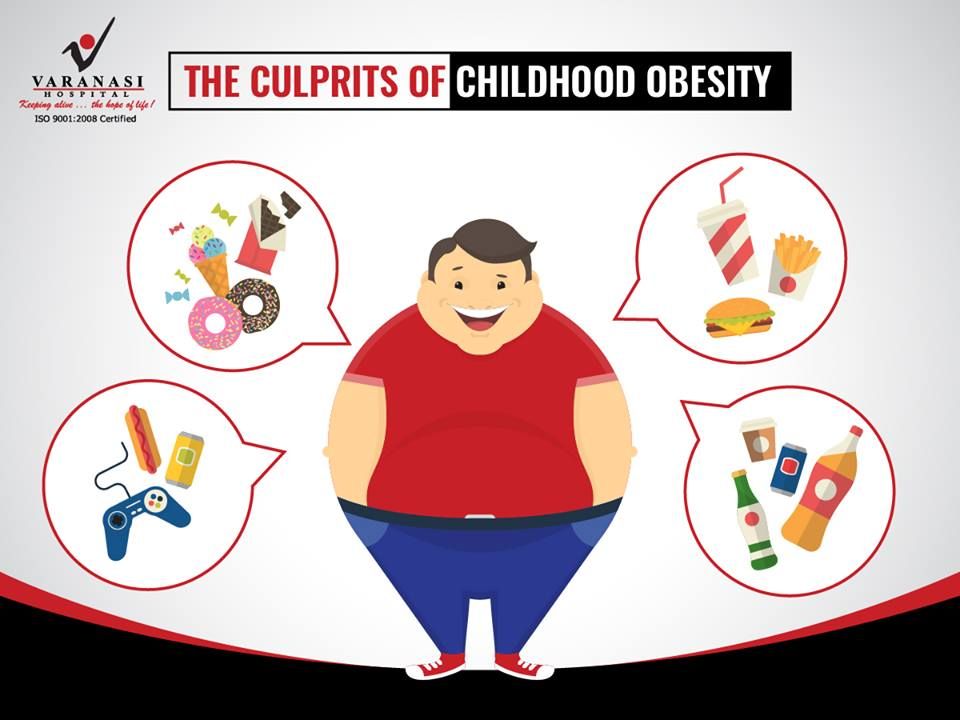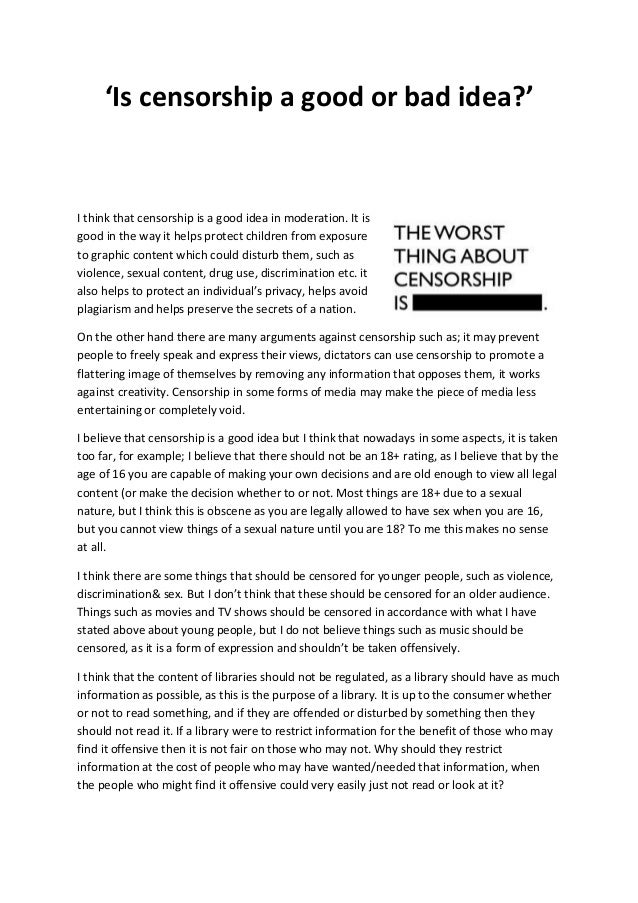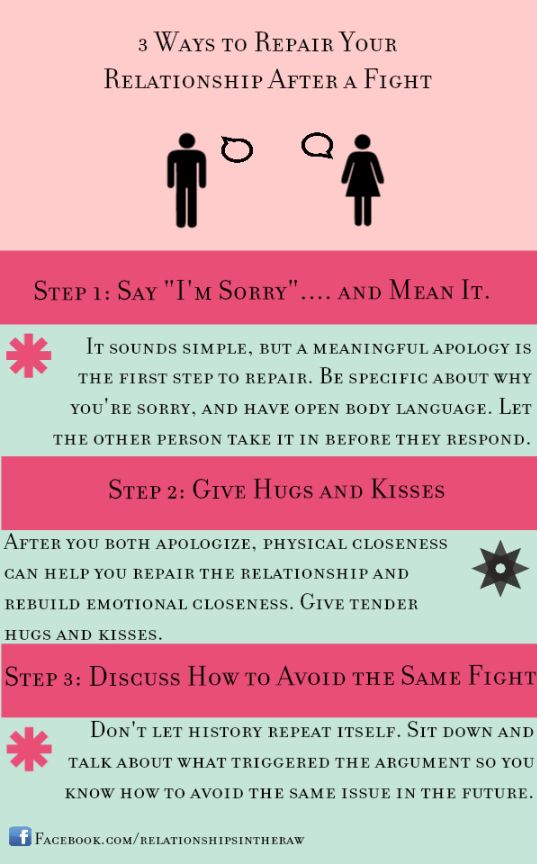How to not eat when stressed
Here's Why You're Stress Eating And How to Stop Doing It
It should come as no surprise that Americans are stressed. A 2017 survey by the American Psychological Association (APA) found that money, work, crime, violence, the political climate and the future of the nation are all significant stressors for Americans, each plaguing more than half of the survey respondents.
While stress is bad for the body, the ways people deal with it can be just as unhealthy. The APA found in a different survey that almost 40% of adults reported overeating or consuming junk food in response to stress during the prior month. And of those people, about half said they did so weekly.
What is it about food — particularly junk food — that calls to so many of us during stressful times? Here’s what the experts say about stress eating.
Why you stress eat
People look for comfort in food for both physiological and psychological reasons.
The hormone cortisol rises with chronic stress and can lead to increased appetite, says registered dietitian Allison Knott. “It can be true hunger if you have extended stress that is promoting this cortisol production to the point of impacting your appetite,” she says.
But just as often, food is used as a “numbing strategy,” says Amanda Baten, a nutritional psychologist. “It’s a distraction strategy in the same way that people might use alcohol or drugs or sex or TV as ways to create a buffer between themselves and whatever difficult feelings they might be experiencing.”
Eating can even spark some of the same neurological reactions that drugs do, albeit to a lesser extent. Brain imaging research has shown that when people binge on carbohydrates and sugars, “it can actually activate the pleasure centers of the brain,” Baten says. Research has shown that sugar, like heroin or cocaine, can cause the feel-good chemical dopamine to flood the nucleus accumbens, the part of the brain responsible for pleasure and reward. Sugar can also release endogenous opioids, the body’s natural painkillers, which creates a pleasant effect.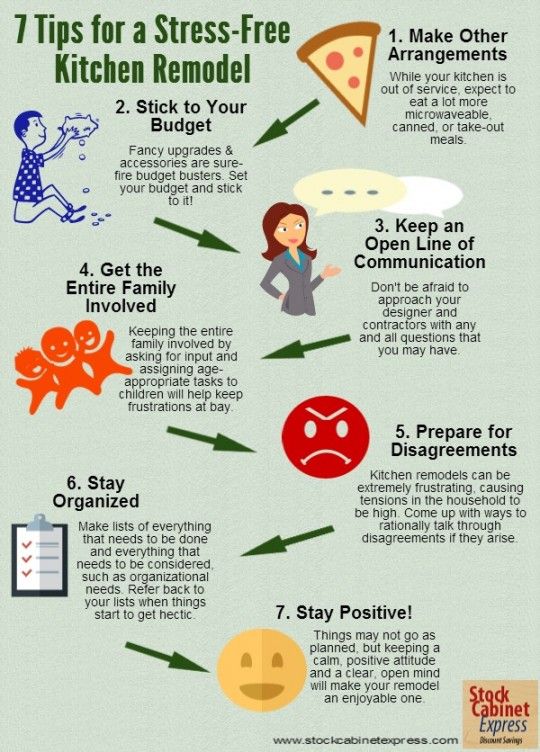
But just like drugs and alcohol, emotional eating is a bandage for stress, rather than a cure. A healthier response, Baten says, is recognizing that stress and negative emotions happen, and that we have to find sustainable ways to cope with them.
“We are raised in a culture that tells us we should not have negative feelings — we shouldn’t be sad, we shouldn’t be angry,” Baten says. “There’s a distinction to be made between what’s an appropriate and healthy negative emotion that actually guides us to problem-solve by tolerating that feeling, versus what becomes the unhealthy negative emotional reaction or feeling.”
How to tell if you’re stress eating
While some people purposely and consciously dive into a pint of ice cream after a trying day, others may stress eat without even knowing it, Knott says. “People get on autopilot,” she says. “It becomes part of our lives, and we don’t necessarily recognize what is happening.”
To avoid mindless eating, it’s important to understand the difference between emotional and physical hunger. Before you tear open a bag of chips, take stock of how you’re feeling physically and mentally, Knott says. Hunger feels different for everybody, but it’s often accompanied by physical symptoms like a growling or empty stomach, low energy and headache. If you’re craving snacks without any of these physical signs, you may simply be looking for comfort or a distraction, Knott says.
Before you tear open a bag of chips, take stock of how you’re feeling physically and mentally, Knott says. Hunger feels different for everybody, but it’s often accompanied by physical symptoms like a growling or empty stomach, low energy and headache. If you’re craving snacks without any of these physical signs, you may simply be looking for comfort or a distraction, Knott says.
“If you aren’t truly hungry and it is a comfort food type of response, or a way to manage the stress that is related to using food to soothe, then you might want to take a different approach,” Knott says.
How to stop stress eating
When you’re in the throes of a stressful situation, just about any healthy distraction — like going for a walk, getting fresh air, doing a quick guided meditation or calling a friend — can help you avoid the draw of junk food, Baten says. Drinking water may also help, since people often confuse hunger and thirst.
But in the long-term, getting at the root cause of your stress is more important than stopping yourself from snacking in the moment.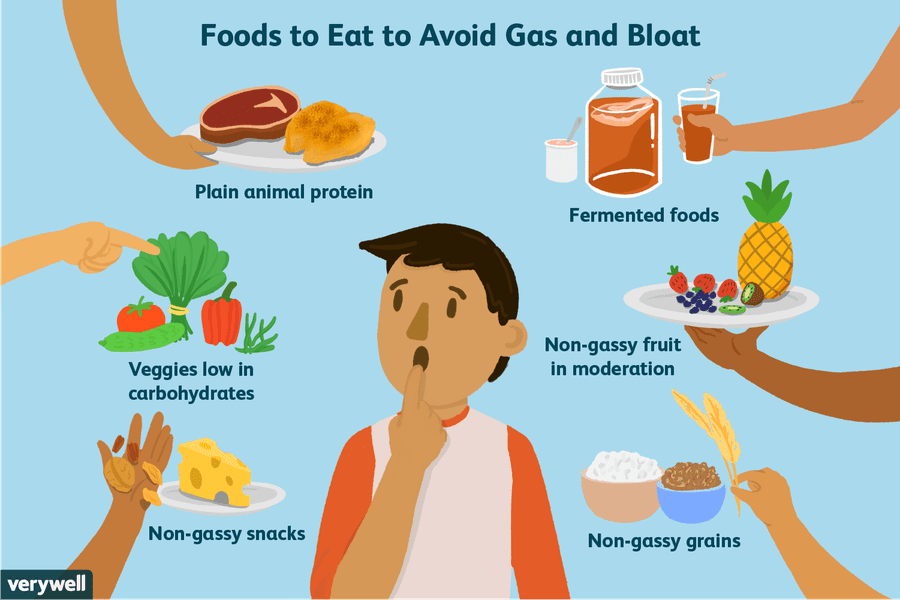 Healthy habits like exercise, sleep and proper nutrition are all sustainable stress relievers, Baten says. And if you consistently struggle with emotional or stress eating, Baten says, it may be worth speaking with a professional, who can help you sort out underlying issues.
Healthy habits like exercise, sleep and proper nutrition are all sustainable stress relievers, Baten says. And if you consistently struggle with emotional or stress eating, Baten says, it may be worth speaking with a professional, who can help you sort out underlying issues.
“It’s important to pay attention to our feelings before they become so intensified that we can’t think clearly,” Baten says. “Emotional eating is happening because there’s an emotional need that isn’t being fulfilled.”
But it’s also important to acknowledge that your emotions will win out from time to time — and beating yourself up for occasionally choosing comfort food will only add to your stress.
“We, unfortunately, put a lot of emphasis on our individual food choices, and there can be guilt connected to some of those more indulgent choices, which can ultimately lead to more stress,” Knott says. “It really is about your pattern of eating and having a healthful diet in a sustainable, long period of time.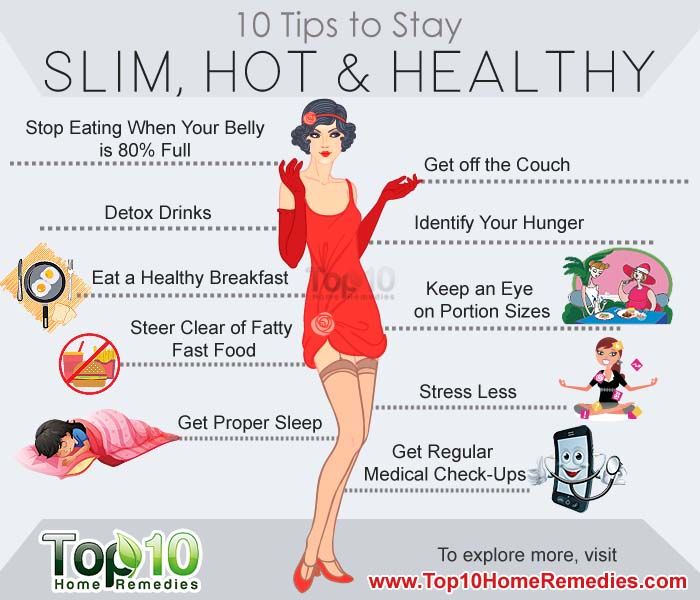 That can include these indulgences in this overarching diet pattern.”
That can include these indulgences in this overarching diet pattern.”
Write to Jamie Ducharme at [email protected].
12 Ways to Stop Stress Eating
1
Grab a glass of water
SimpleImages//Getty ImagesIt may be the oldest trick in the book, but Celio says if you’re feeling stressed, drinking a full glass of plain water can be a really helpful start. After all, many of us don’t drink enough water anyway and can confuse signs of hunger or unmanageable stress for what is actually just thirst.
2
Write it down
Carolin Voelker / EyeEm//Getty ImagesCelio says grabbing a notepad, not a phone or computer, but a real piece of paper, and physically writing things down can be a huge relief for someone in a stressful situation. She recommends writing bullet points of all the things causing you stress and why. “Writing down everything can clarify where the stress is coming from and can give you the perspective that while eating a bowl of pretzels does not, in fact, fix the faucet, but maybe YouTubing how to do it does,” she says.
3
Sip on tea
Boiarkina Marina/Shutterstock“If I have a mug, some boiling water, a cinnamon stick, and a teaspoon of honey, then I have what I need to curb sugar cravings when stressed,” says Susan Albers, a psychologist at the Cleveland Clinic and New York Times bestselling author of Eating Mindfully. “Cinnamon has been clinically shown to help keep insulin levels in check.” Consider adding a sprinkle to your morning coffee, too, or choosing a spicy chai tea instead of English breakfast.
If cinnamon isn’t for you, another relaxing cup of tea may do the trick. “I like to take a few minutes to meditate with a cup of chamomile tea when stress strikes,” says Jessica Levinson, M.S., R.D.N., C.D.N., a culinary nutrition expert . It’s no surprise that slowing down and tuning into your breathing to meditate is a stress reliever, but chamomile has actually been shown to improve anxiety in adults who consume it, too.
Advertisement - Continue Reading Below
4
Take a 15-minute walk
Mimagephotography/Shutterstock“When the urge to eat out of stress, boredom, sadness, or another emotion hits, I head outside and go for a walk or run,” says Levinson. “Exercise releases endorphins that can stimulate relaxation, and the fresh air is also a natural stress reducer.”
Celio agrees, suggesting that any kind of moderate, regular exercise is one of the best things we can do for our emotional and physical being. “Find something that you like to do–from brisk walking, to stationary bike, to doing planks, to dancing like no one is watching–and do it every day for at least 10 minutes, ideally 30 minutes,” she says. “It improves your mood, helps you sleep better, supports your gut biome, and gives us something to do that challenges us to get better and get stronger.”
5
Peel a clementine
alex veresovich/ShutterstockThe simple act of peeling a clementine is a mindful relaxation technique.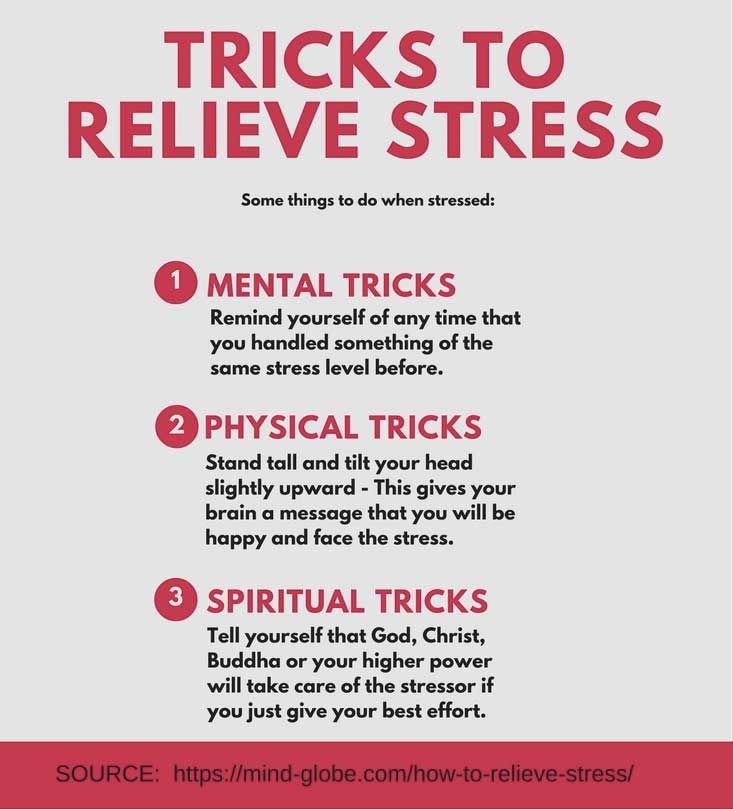 “Peeling citrus fruit is a mini-meditative moment—you have to drop whatever you’re doing to engage both hands,” says Albers. Even cooler, the smell of citrus has been shown to promote calm—which might just quell your urge to binge on those free doughnuts at work. For optimum relaxation, slowly peel the fruit in a spiral pattern as you breathe in deeply to inhale the scent. When you’re done peeling, eat the fruit one segment at a time, taking a moment to savor each bite.
“Peeling citrus fruit is a mini-meditative moment—you have to drop whatever you’re doing to engage both hands,” says Albers. Even cooler, the smell of citrus has been shown to promote calm—which might just quell your urge to binge on those free doughnuts at work. For optimum relaxation, slowly peel the fruit in a spiral pattern as you breathe in deeply to inhale the scent. When you’re done peeling, eat the fruit one segment at a time, taking a moment to savor each bite.
If the fruit isn’t nearby, Celio says a simple breathing exercise can be helpful in the moment. She suggests inhaling for five seconds, holding for seven seconds, and exhaling for eight seconds, repeating at least six times. It takes only two minutes but it can help refocus the brain and relax you.
6
Make avocado toast
goodween123/ShutterstockChoosing something that won’t make you stress even more is key when finding something to nibble on, Harbstreet says. “It’s probably not the best time to try cooking a complex, gourmet meal from scratch or making something with hard-to-find ingredients. Stick to the basics and keep it simple,” she says. Plus, make sure it’s something that’s satisfying to you!
Stick to the basics and keep it simple,” she says. Plus, make sure it’s something that’s satisfying to you!
Avocado toast is a great option because it’s fast but also really satisfying. “Healthy fats, protein, and fiber in avocado work together to keep you satiated, leaving you less likely to binge on something else,” says Levinson. “Plus, the complex carbohydrates in whole-grain bread can help boost the feel-good neurotransmitter serotonin in the brain.” You don’t have to tell us twice!
Advertisement - Continue Reading Below
7
Think long-term
Westend61//Getty Images“Research indicates that the pleasure you get from eating comfort foods lasts only three minutes,” says Albers. “Keeping this number front and center in my mind is helpful. I say to myself, What is going to make me feel better for longer than 3 minutes? Usually, it’s not a cookie.”
Additionally, Celio encourages checking in with yourself when you want to eat. “Is your body hungry or are we tired and trying to get an energy boost? Are we simply looking to feel different? Many people use food as a way to change how they feel emotionally,” she says. But even though a high-sugar option can give you a high jolt of energy and good feelings, she warns it also comes with a sugar crash that can leave you lethargic and low in the long term.
“Is your body hungry or are we tired and trying to get an energy boost? Are we simply looking to feel different? Many people use food as a way to change how they feel emotionally,” she says. But even though a high-sugar option can give you a high jolt of energy and good feelings, she warns it also comes with a sugar crash that can leave you lethargic and low in the long term.
8
Take a mustard bath
VectorLifestylepic/Shutterstock“I love taking an English mustard bath,” says Albers. “Dried mustard has been used since ancient times as a warming agent. When you add a few tablespoons to a warm bath along with Epsom salts and lavender essential oil, it’s instant zen. On a cold fall or winter night, it’s a great alternative to unwinding with comfort foods.”
9
Get distracted
Africa Studio/Shutterstock“Keep your hands and mind busy with some sort of fun activity,” says Jennifer Nasser, Ph.D., R.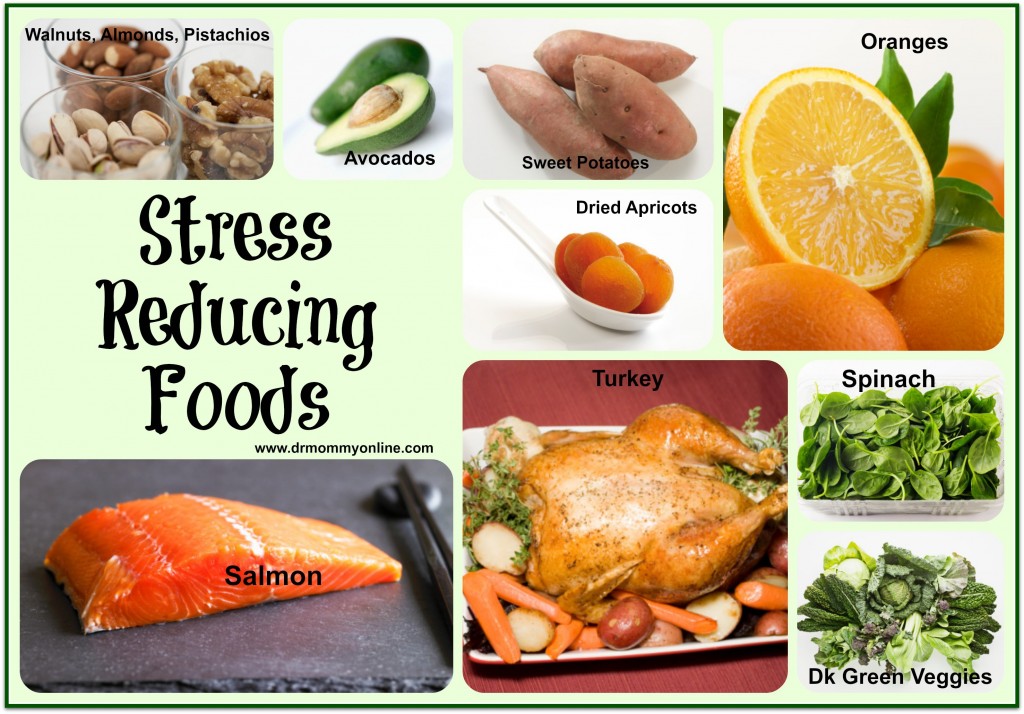 D., an associate professor of nutrition sciences at Drexel University. “Knitting, coloring, drawing—all of these help distract your brain from food thoughts.” Bazilian agrees, adding that texting a friend, checking your email, or taking a few minutes to play a game on your phone are all viable ways to ride out a stress-induced craving.
D., an associate professor of nutrition sciences at Drexel University. “Knitting, coloring, drawing—all of these help distract your brain from food thoughts.” Bazilian agrees, adding that texting a friend, checking your email, or taking a few minutes to play a game on your phone are all viable ways to ride out a stress-induced craving.
“We should aim to create positive responses when we are feeling stressed,” Celio says. “We can channel this energy into something more productive, including taking a hot shower, cleaning the kitchen, or checking something off our to-do list that has been bugging us for a while.”
Advertisement - Continue Reading Below
10
Be strategic with snacks
Brent Hofacker/ShutterstockIf you’re the type of person who tends to munch in response to stress, make sure you have some low-calorie finger foods on hand such as baby carrots, apple slices, or celery, suggests Nasser. Consider adding some protein in the form of nut butters to boost satiety. “If you prefer a sweet treat, mix something sweet with something protein-rich—think cottage cheese with honey and a dash of cinnamon,” she says. “That way you'll get the sweet taste in addition to fullness signals that protein sends to the brain to get you to stop eating.”
“If you prefer a sweet treat, mix something sweet with something protein-rich—think cottage cheese with honey and a dash of cinnamon,” she says. “That way you'll get the sweet taste in addition to fullness signals that protein sends to the brain to get you to stop eating.”
And, of course, Harbstreet says to make sure you eat if you’re physically hungry. “If it’s been more than a few hours since your last meal and you haven’t had a snack, your hunger might actually be intensifying feelings of stress. If that’s the case, please have something to eat,” she says.
11
Treat yourself—but with a plan
BlueOrange Studio/Shutterstock“Think of what you’d really, really enjoy,” says Bazilian. “Is that a piece of divine chocolate, or a small bowl of your favorite ice cream? Whatever it is, plan to treat yourself once or twice a week. Set your sights high and don’t settle for the less favorable junk food fare that’s commonly available in offices or fast food restaurants. ”
”
12
Don’t skip meals.
Peter Dazeley//Getty ImagesGood nutrition is incredibly important for stress management—just consider the fact that people who consume inadequate amounts of magnesium (which is most of us) may experience increased sugar cravings. But it’s hard to get all the nutrients you need if you skip meals, says Bazilian.
If your schedule is unavoidably hectic, make a bunch of pre-portioned healthy snacks that can sub for a larger sit-down meal—think almonds and raisins, plain yogurt, fresh fruit, individually portioned 1-ounce cheeses, and whole grain crackers—and have them at the ready so they’re as convenient for you to eat as chips, pretzels, candies, cake, and doughnuts.
Celio also notes that when you don’t eat for long periods of time, your blood sugar can drop and your emotional state can turn into what many people call “hanger.” This can result from spikes in blood sugar when we don’t eat nutritious, fiber-rich foods.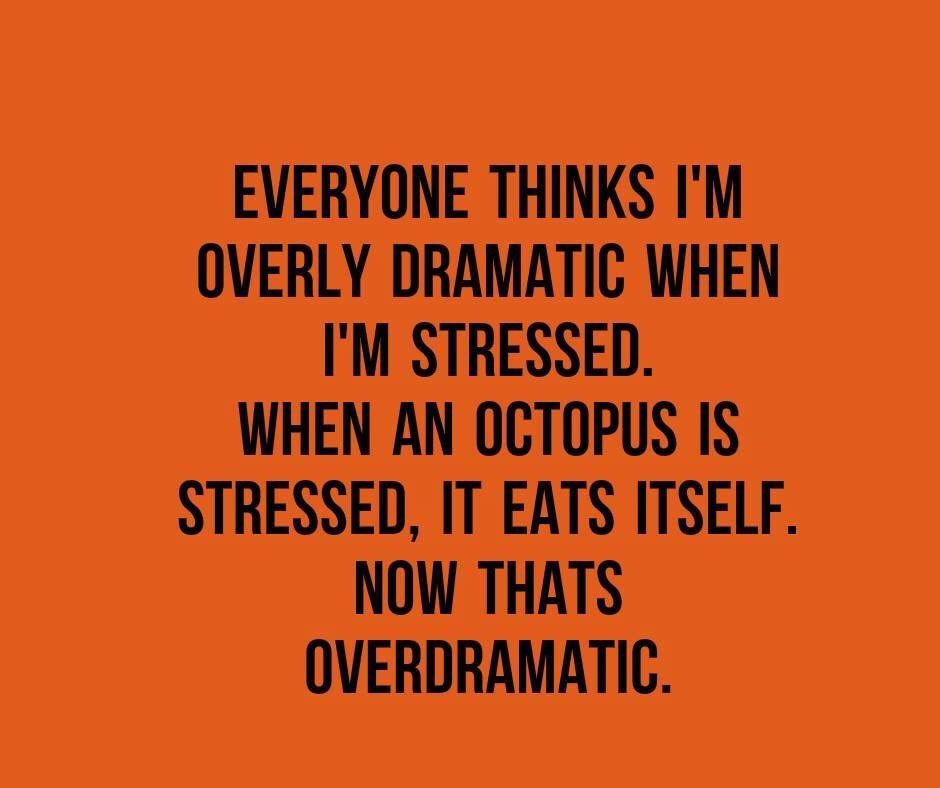 This is why skipping meals is a poor choice when trying to avoid emotional eating.
This is why skipping meals is a poor choice when trying to avoid emotional eating.
Stephanie Eckelkamp
Stephanie Eckelkamp is a freelance writer, health coach, and former associate editor for Prevention covering health, food, and nutrition. She’s a graduate of Syracuse University and obsessed with dogs, exploring the great outdoors, and chunky peanut butter.
Arielle Weg
Arielle Weg is the associate editor at Prevention and loves to share her favorite wellness and nutrition obsessions. She previously managed content at The Vitamin Shoppe, and her work has also appeared in Women’s Health, Men’s Health, Cooking Light, MyRecipes, and more. You can usually find her taking an online workout class or making a mess in the kitchen, creating something delicious she found in her cookbook collection or saved on Instagram.
6 tricks to control your appetite
Nika Voyutskaya
don't mind eating a burger
There's nothing wrong with having a slice of cake or a bag of chips when you really want them.
But sometimes food becomes the only consolation. There is no longer any pleasure from it, but it is almost impossible to stop.
This happens to many in times of prolonged stress. And from the point of view of physiology, this is quite understandable: during stressful events, adrenaline and cortisol are produced in the body. At first, the action of adrenaline reduces appetite, but when the reaction to danger becomes less acute, and the stress becomes chronic, the "side effect" of cortisol appears - an increase in appetite. Studies have shown that people who are prone to stress eating have an increased level of this hormone in their blood.
Blaming yourself for what you eat or severely limiting your diet is a bad strategy that will only lead to additional stress. However, it is worth looking for ways that are suitable for you to change such a food pattern.
WHO lists overeating as a major health problem as undernutrition. Due to stress, the body actively stores fat in the abdomen. And such fat can be harmful to health: it surrounds internal organs and is associated with hypertension and cardiovascular disease.
And such fat can be harmful to health: it surrounds internal organs and is associated with hypertension and cardiovascular disease.
Neuroscientist Robert Sapolsky's book Why Zebras Don't Have Heart Attacks. The Psychology of Stress” — Vsenauka website
In addition, paradoxically, overeating can be associated with nutritional deficiencies. As a rule, in stress, they lean on the wrong foods that are rich in nutrients.
In this article I will tell you about a few tricks that will help you not to seize stress.
Where is the line between just stress eating and serious eating problems?
Irina Ushkova
Clinical Psychologist, Eating Behavior Specialist
Author Profile
Eating stress is normal: all people comfort themselves with food from time to time. Stress eating becomes a problem only when it becomes the only way to manage emotions and stress and occurs systematically.
Even so, it is not necessarily an eating disorder, an eating disorder. Eating is not just “I eat stress”. This is the dependence of self-esteem on what the scales show. If you manage to reduce it, or at least maintain it, self-esteem grows. If the weight increases by at least 200 grams, self-esteem drops sharply. Also, a person with eating disorders has a lot of strict food rules, that is, a set of "laws" about what, when and under what conditions you can eat.
Eating is not just “I eat stress”. This is the dependence of self-esteem on what the scales show. If you manage to reduce it, or at least maintain it, self-esteem grows. If the weight increases by at least 200 grams, self-esteem drops sharply. Also, a person with eating disorders has a lot of strict food rules, that is, a set of "laws" about what, when and under what conditions you can eat.
A clinical psychologist who has special training can distinguish between "just stress eating" and a disorder. Self-diagnosis is usually inaccurate and often harmful to the person doing it. So if the above features are familiar to you, this does not mean that you should diagnose yourself. This means that there is a reason to seek advice from a specialist.
For anyone who often eats stress, can't control it, and worries about nutrition, I recommend cognitive behavioral therapy. It also makes sense to read good books about the body and food written by experts in working with eating behavior. The best of those that are in Russian are "Body, Food, Sex and Anxiety" by Yulia Lapina, "More Than the Body" by Lindsey and Lexi Kite, "Intuitive Eating" by Alice Resch and Evelyn Tribol.
The best of those that are in Russian are "Body, Food, Sex and Anxiety" by Yulia Lapina, "More Than the Body" by Lindsey and Lexi Kite, "Intuitive Eating" by Alice Resch and Evelyn Tribol.
Method No. 1
Determine the type of hungerPartially, stress eating happens automatically: if you want to eat a chocolate bar, the person has realized this desire. Sometimes it’s enough just to add a new variable to this equation – wondering if you are really hungry or if you just want to eat unpleasant experiences.
To distinguish real, physiological hunger from emotional, pay attention to several parameters:
- Feelings. Real hunger feels like emptiness and discomfort in the stomach. “Grumbling in the stomach” is about him. Weakness and slight tremors of the limbs, fog in the head and dizziness may also appear. Emotional hunger doesn't show up that way.
- Speed. Real hunger builds up gradually, while emotional hunger comes on suddenly.
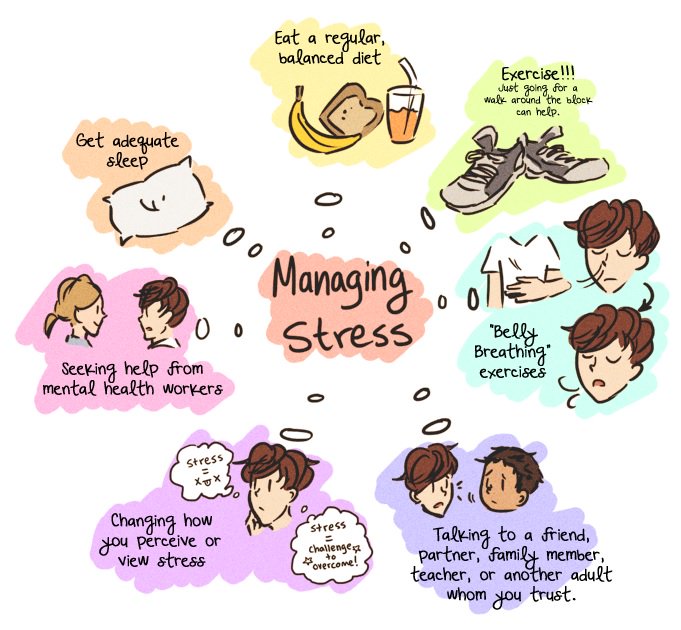
- The object of desire. Real hunger is not associated with specific eating habits. Due to stress, he is drawn to certain foods: sweet, fatty and salty. In other words, if all you want is chocolate and chips, and more satisfying foods do not cause an appetite, most likely your hunger is emotional.
- Reaction to ordinary food. If you eat a typical meal like buckwheat with salad, real hunger disappears. Emotional hunger doesn’t go away that easily: even if you are full, you still want a chocolate bar.
/eating-disorders/
How to cure eating disorders
When you learn to distinguish between real hunger and emotional hunger, it will become easier for you not to overeat because of unpleasant emotions and to use other ways to cheer yourself up.
Method No. 2
Postpone fun for later Humans are not very patient animals. If you give the chimpanzee a choice: something tasty now or wait a bit and get a double portion, he will wait for a bigger treat.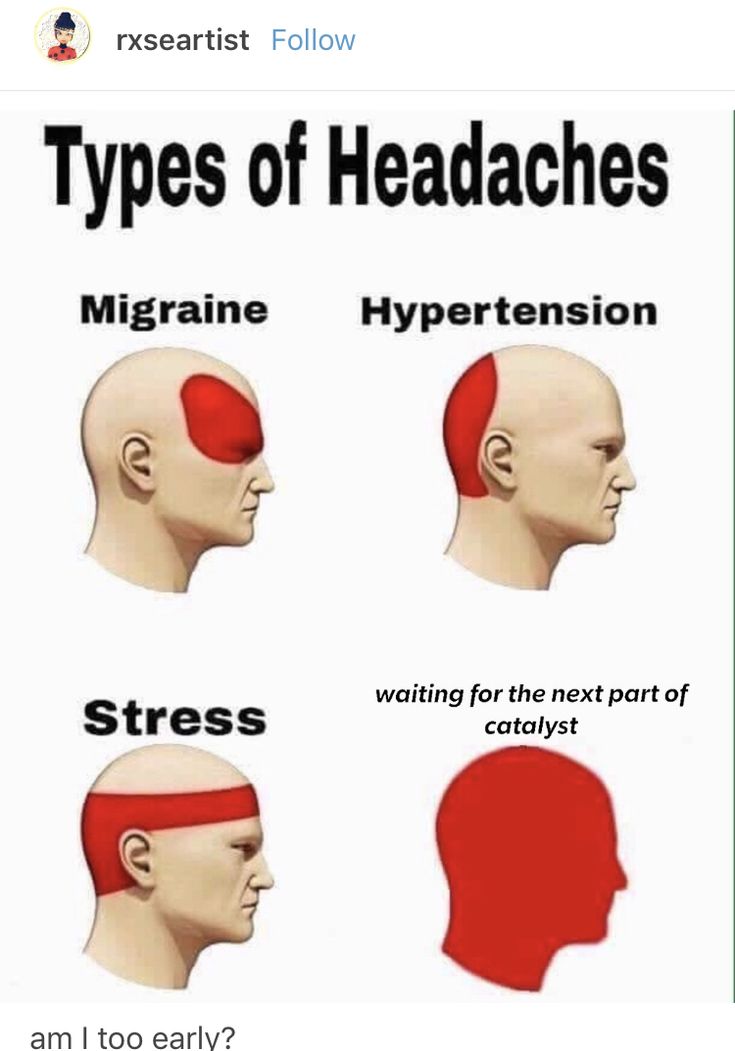 Given the same choice, a person is more likely to prefer an instant but smaller reward.
Given the same choice, a person is more likely to prefer an instant but smaller reward.
The regularity is confirmed by the experiments of researchers from Harvard and the Max Planck Institute for Evolutionary Biology. They also show that if it's about money rather than chocolate, we're even less patient.
The Evolutionary Origins of Human Patience: The Difference Between Chimpanzees, Bonobos, and Adults - A Cell Press journal
Our tendency to choose smaller but quicker pleasures is being exploited by marketers. As soon as they add the phrase “today only” to the message about the discount, our desire to save for the down payment on the mortgage falters. A small purchase today is more attractive to the brain than your own apartment in a couple of years.
But if you turn momentary pleasure into a delayed and less accessible one, it becomes easier to resist desire. Let's say you want to eat stress right now, you are drawn to the liver. To hold on, try:
- Take a break for 5-10 minutes.
 At this time, you can take a walk, call friends, do some cleaning or listen to a podcast. The brain will switch, and if you are not hungry, the desire to eat cookies will go away or weaken.
At this time, you can take a walk, call friends, do some cleaning or listen to a podcast. The brain will switch, and if you are not hungry, the desire to eat cookies will go away or weaken. - Remove cookies from eyes beforehand. If the reward is right in front of your eyes, it's hard to resist the temptation. But if you don't see it, it's abstract and not that attractive.
- Make your own cookies. As soon as you decide that you will cook the treat yourself, it will turn into a delayed pleasure: you need to read the recipe, find all the necessary products, make the dough, etc. Perhaps while you are looking for flour, the craving for cookies will pass. If not, then homemade cookies are still better than store-bought ones: there are no surprises in its composition. And it can also become really useful if you bake and eat it with someone. Research shows that cooking together is beneficial and has a beneficial effect on mental health.
Method No. 3
Find another way to comfort If you are a smoker and are afraid of dentists, then the thought of caries treatment causes a strong desire to smoke.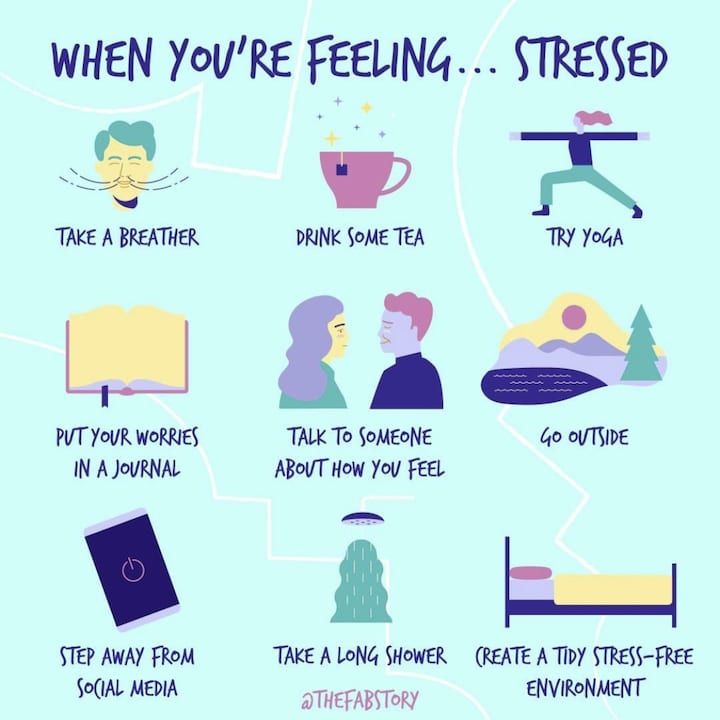 And if you love sweets but hate being the center of attention, the need to speak in public can provoke an attack of gluttony.
And if you love sweets but hate being the center of attention, the need to speak in public can provoke an attack of gluttony.
The point is that in response to stress, the brain goes into reward-seeking mode, Stanford stress researcher Kelly McGonigal explains in Willpower. In difficult situations, we become especially sensitive to everything that stimulates the production of dopamine, a neurotransmitter that is responsible for anticipation and motivation. Chocolate cake tastes better than ever because eating delicious food releases dopamine.
How orosensory and physiological signals affect the dopaminergic system and stimulate food intake — A Cell Press journal
But the brain deceives us. Activities that are associated with a surge of dopamine - video games, smoking, shopping, overeating, binge watching TV shows - only help to improve mood. Kelly McGonigal explains that the activities that really fight stress are those that stimulate the production of serotonin, oxytocin, as well as GABA, a neurotransmitter that inhibits the central nervous system and helps to concentrate or sleep.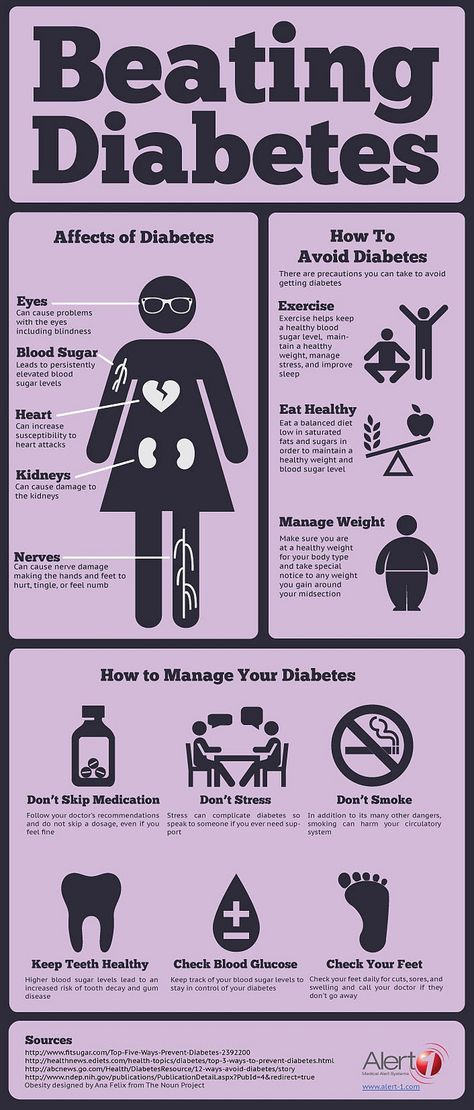 For example, helps:
For example, helps:
- dance, walk, ride a bike;
- do yoga, meditate;
- sing, do breathing exercises;
- cuddling with loved ones, getting massages, petting dogs and cats;
- talk to relatives or strangers like baristas;
- cry or, conversely, laugh;
- draw, sculpt, knit, cross-stitch.
Choose something from the list and try it the next time you feel like eating emotions. If the action does not help, try others until you find the ones that suit you personally.
/resilience/
5 Tips for Resilience to Stress
Method No. 4
Plan ahead Experiential eating is a learned behavior, not just a biological response to stress. Research shows that if parents give a crying or bored child a treat to distract and comfort them, they are more likely to eat when they are sad or bored in the future.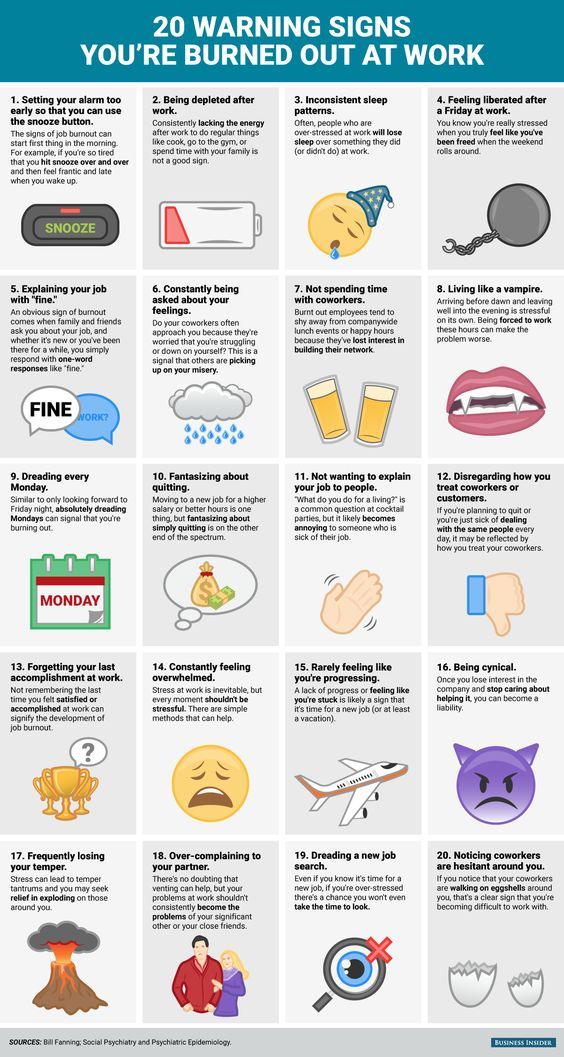
Teaching Our Children When to Eat: How Parental Feeding Practices Affect Emotional Eating Development - Oxford Academic
This habit can be replaced by a new one. Here's the action plan:
- Identify the triggers for overeating. A trigger is a “trigger” that “sets off” the habit of stress eating. They can be events like a quarrel with loved ones, or they can be emotions: boredom, anger, anxiety, even joy. To figure it out, keep a diary and record in it what happens before the desire to eat stress and how you feel before that.
- Think of an alternative to stress eating. When a trigger appears, the habit is activated. It is worth preparing for this moment in advance, otherwise it is too difficult to resist the temptation. It is best to write down specific actions. Let's say your trigger is sadness. When you are sad, you want to eat chocolate. Instead, you are going to go to the park, listen to the new episode of your favorite podcast, walk two kilometers, and return home.
- Fix a new habit. Repeat the alternative action many times so that the brain gets used to responding to the trigger in a new way.
Method No. 5
Surf by emotionsWhen a person eats stress, he avoids facing unpleasant experiences. But avoidance is a bad strategy: if you constantly run from feelings, it will become even more difficult to cope with them, and the desire to eat will be stronger.
Acceptance of emotions has been shown by research to be a much more effective cure for overeating. It lies in the fact that a person does not try to drown out feelings with food and alcohol, work or communication. Instead, he allows himself to experience a variety of feelings and treats them neutrally: anger, fear and pain for him are a normal reaction to some events. He is not afraid of unpleasant emotions, because he knows that they will weaken over time.
Acceptance-Based Obesity Therapy vs. Standard Behavioral Therapy - Wiley Online Library
To learn to accept emotions, try the surf therapy technique. When you feel like you want to eat stress, stop yourself, close your eyes and immerse yourself in the experience. Do not try to influence feelings, even if they cause great discomfort. Watch how emotions, thoughts and sensations change in the body.
You will find that the strength of experiences is not the same all the time. Sometimes anxiety, pain and anger are so intense that they are difficult to bear. But this does not last long, and the intensity of emotions inevitably decreases. And then it rises again, falls again, just like waves in the sea. Slide through the experience like a surfer on the waves, watching the emotional ups and downs. If you do this often, you will learn not to be afraid of your feelings and not to run away from them to food.
10 easy ways to be happier
Method No. 6
Meditate with raisins Eating unpleasant emotions, we act impulsively, automatically, with almost no mind control. Meditation helps to bring mindfulness and goal setting back into nutrition: it develops mindfulness, allows you to better understand what causes hunger, and consciously make the choice “to eat or not to eat”.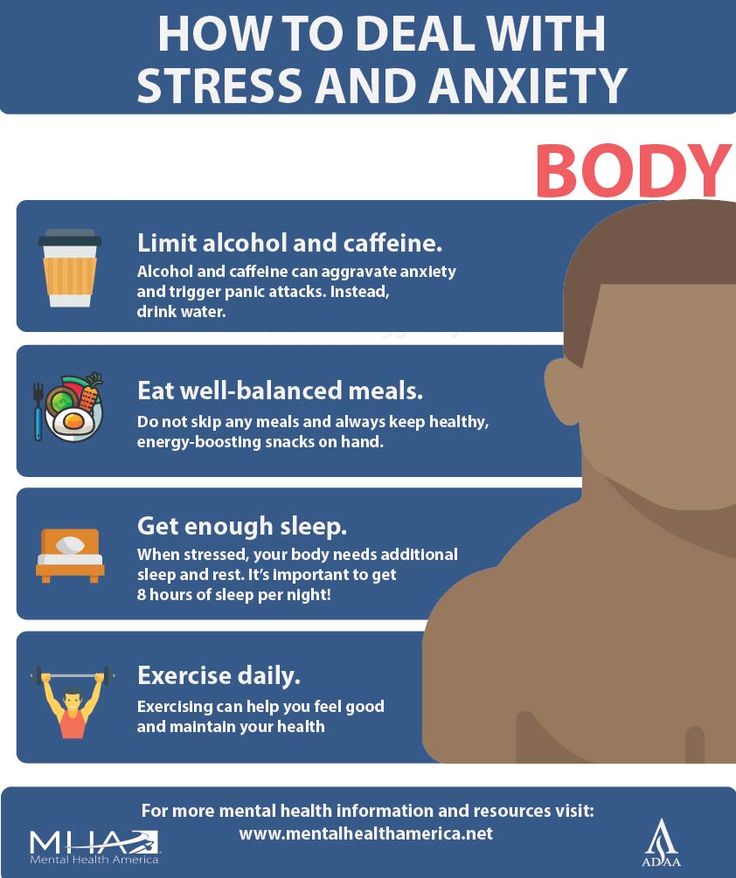 There are already studies that show that meditation helps people experience less stress eating.
There are already studies that show that meditation helps people experience less stress eating.
Mindfulness meditation as a remedy for emotional overeating - Science Direct
You can choose any classic practice to get the benefits of meditation. For example, a loving-kindness meditation with an audio guide, or meditations from the Insight Timer, Calm, Stop, Breathe & Think and Headspace apps. Or you can do a meditation that focuses on mindfulness of bodily sensations while eating. This is the so-called "raisin meditation".
To try this practice, find five minutes to spare and a place where no one bothers you. Take one raisin, and if you don't like raisins, a piece of chocolate or other food of a similar size. Then follow the audio guide or our instructions.
- Place a raisin in the palm of your hand. Consider it as carefully as you can. Imagine that you have never seen a raisin before. What is the color, shape of the raisin? Notice how the light bounces off the surface and leaves a glare? Find as many details as you can.

- Close your eyes and touch the zest. Pay attention to its texture.
- Try to smell the raisins. Pay attention to the reaction of the body to it: salivation in the mouth, rumbling in the stomach.
- Put a raisin in your mouth, but don't start chewing just yet. Focus again on bodily sensations.
- Bite and chew the raisins slowly, noticing how the flavor and texture change in the process.
- You ate a raisin. What aftertaste is left in your mouth? What are the sensations in the stomach, in other parts of the body? Do you want to eat more?
/list/meditation-apps/
Deep Inhale and Long Exhale: 5 Meditation Apps
By asking yourself questions like these and carefully monitoring your body’s reaction to food, you will learn to better distinguish real hunger from emotional hunger, eat more slowly and get more more fun in the process.
How not to overeat due to stress during self-isolation?
The epidemic is in full swing.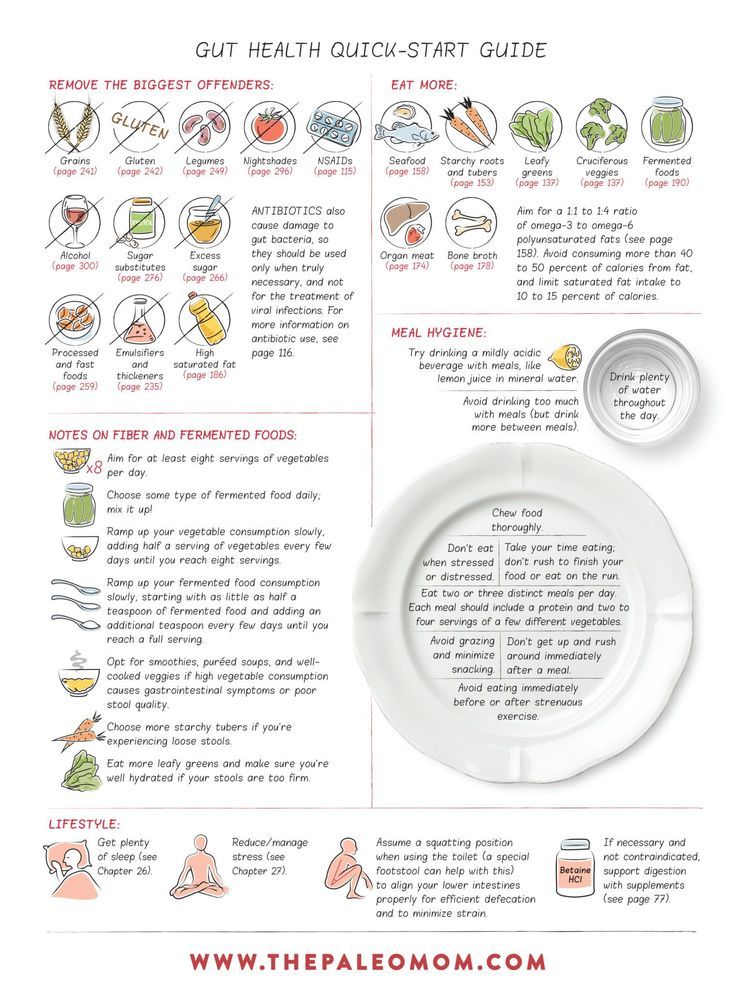 Long quarantine, work problems, anxiety about the future, stress from reducing the usual communication with friends, concern for older relatives, the need to take care of children 24/7, their studies, sometimes combining this with remote meetings ...
Long quarantine, work problems, anxiety about the future, stress from reducing the usual communication with friends, concern for older relatives, the need to take care of children 24/7, their studies, sometimes combining this with remote meetings ...
Phew! And almost the only way to calm down and please yourself is food. Often sweet and oily. In combination with physical inactivity (you can’t really walk during self-isolation), overeating can lead to exacerbation of chronic diseases, constipation, weight gain and other unpleasant consequences.
Actually, food is a really good way to deal with stress. But it must be applied wisely. How not to overeat in conditions of stress and forced inactivity? Here are some good tips from nutritionists.
Accept your feelings
Yes, worrying, being bored and sad in our situation is normal and nothing to be ashamed of. Of course, there are people who are worse now: for example, they have already fallen ill, or do not have the opportunity to self-isolate (they have to work every day, have close contact with people), not to mention migrants and the homeless.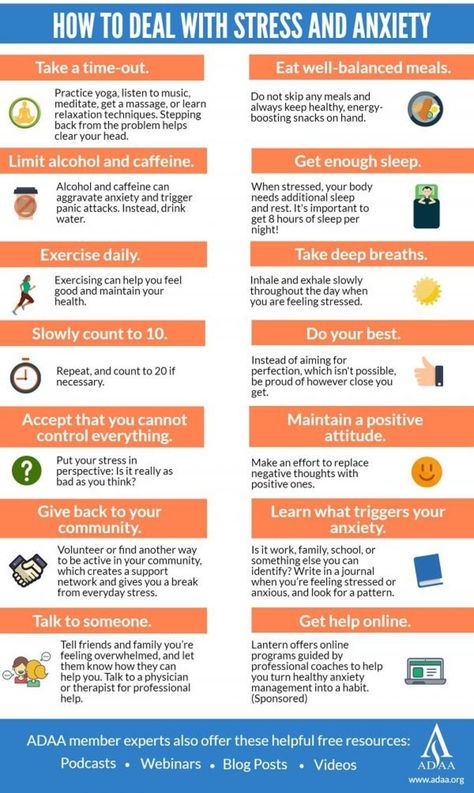 However, a change in lifestyle, uncertainty about the future, and limited contact are also serious stress. Don't demand too much of yourself, don't shame yourself for the mess in the house or because the kids aren't doing well with distance learning. Remove the burden of shame and guilt from yourself, allow yourself to feel, then there will be fewer reasons to “eat” unpleasant emotions.
However, a change in lifestyle, uncertainty about the future, and limited contact are also serious stress. Don't demand too much of yourself, don't shame yourself for the mess in the house or because the kids aren't doing well with distance learning. Remove the burden of shame and guilt from yourself, allow yourself to feel, then there will be fewer reasons to “eat” unpleasant emotions.
Eat regularly and don't get distracted
During self-isolation, always eat at a certain time, avoid constant snacking. If you can’t avoid snacking, stock up on raisins, prunes, or apple slices. It is best to eat together, with the whole family, at a common table and from plates (and not on the couch and not at work). While eating, do not dive into a book, series or social networks, otherwise you can eat much more than you expected. This habit is not easy to overcome, but without it, the amount of food immediately decreases, and the satisfaction from food remains the same and even increases.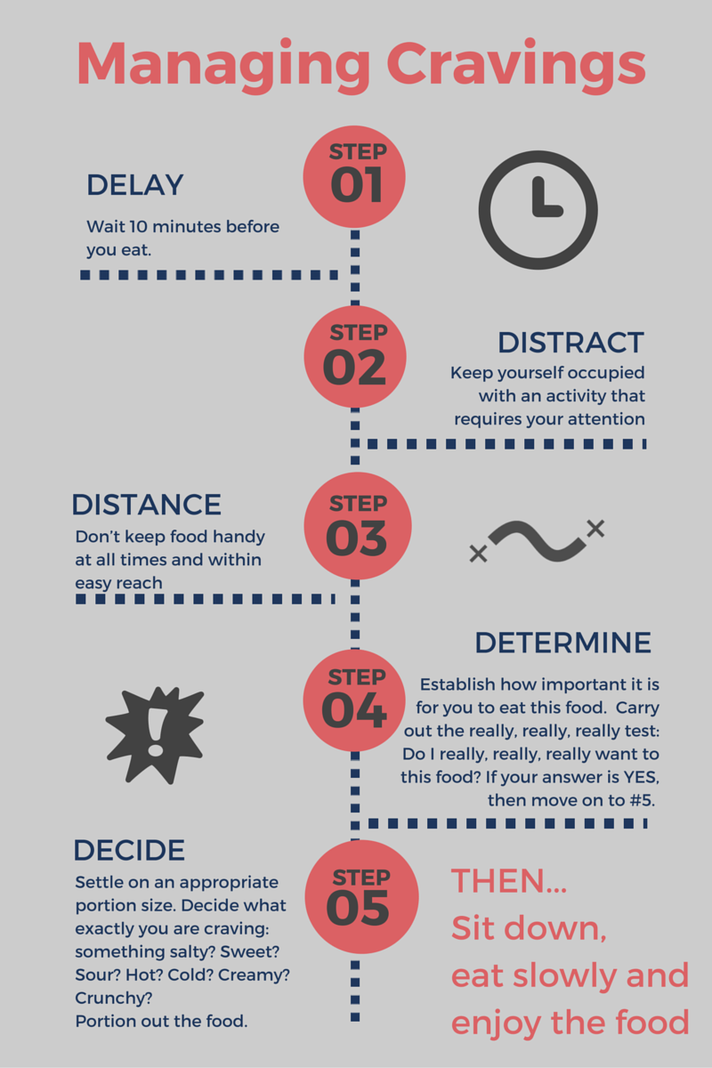 The higher the food culture, the less we overeat!
The higher the food culture, the less we overeat!
Manage the quantity and quality of food
Think about the menu, its composition and quantity of food. Sweet and starchy foods have the right to appear on the table, but only as a dessert and in predetermined quantities. Do not abuse alcohol, especially strong alcohol: it has been proven that alcohol provokes overeating. Try to eat slowly during meals and put your food in little by little. This is a proven way to overeat less. Stop and ask yourself: Am I already full?
Distinguish hunger from thirst
The air in our houses is drier than outside, and the body may need more moisture. People often confuse hunger and thirst. If your hand reaches for a cracker or a sandwich, try pouring yourself a glass of water and start drinking: you may immediately feel that this is what you wanted.
Try to distinguish between hunger and stress
Be warned: this is difficult and not everyone will succeed.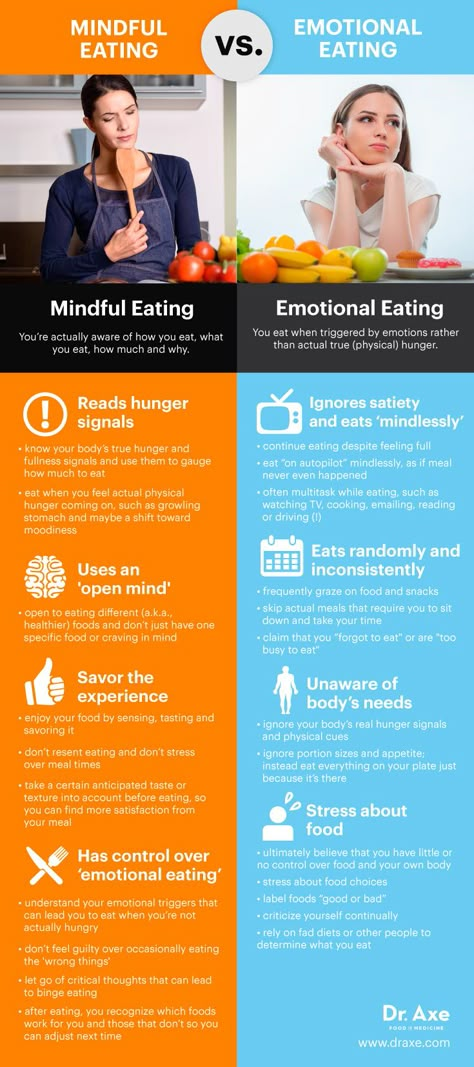 But everyone should try. Every time you “really want a cake,” ask yourself: how do I feel right now? Is it really hunger, or am I just sad, anxious, dreary?
But everyone should try. Every time you “really want a cake,” ask yourself: how do I feel right now? Is it really hunger, or am I just sad, anxious, dreary?
Don't eat feelings, even if you have such a habit. If the tension is very strong, it is better to remove it in other ways: someone will help complain to a close friend in a messenger or call her, someone relaxes by talking to a cat, someone by watching a thriller or a melodrama.
Don't forget to move
Even those who walk and do sports a lot in everyday life often stop doing it during quarantine. Try to stay physically active. It is not necessary to introduce exercise courses or purchase simulators. Anything is good: jumping and dancing to your favorite music, walking around the apartment with a pedometer, aerobics in front of an open window, a plank with an emphasis on the side of the bath. If you leave the apartment, it is best to do it early in the morning when the streets are empty. Most importantly, do not forget that the body needs movement.